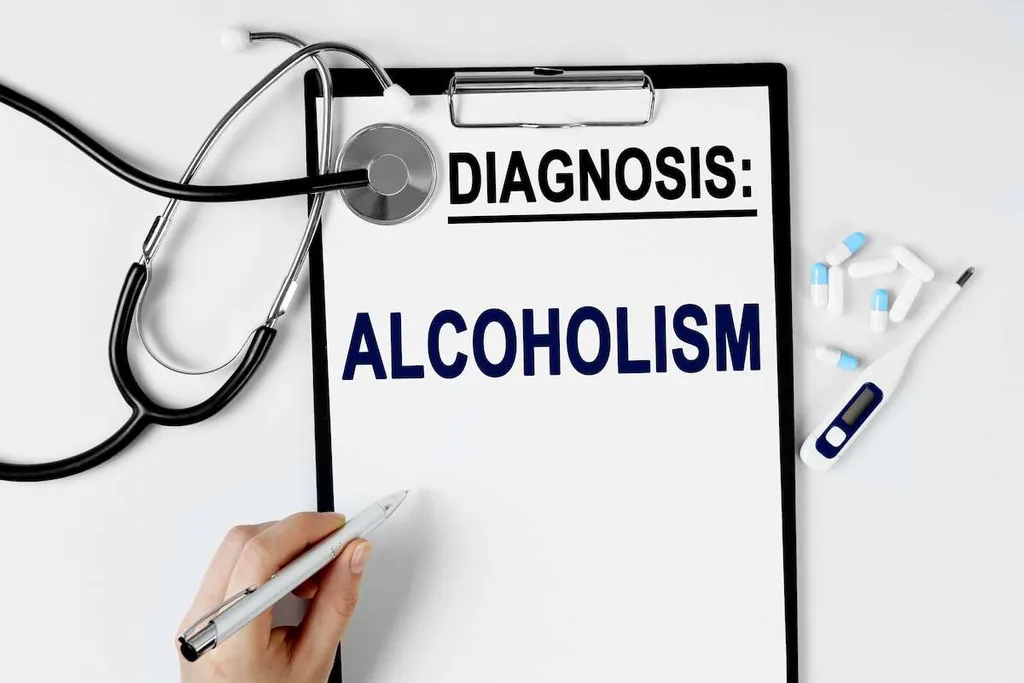
John C. Umhau, MD, MPH, CPE is board-certified in addiction medicine and preventative medicine. For over 20 years Dr. Umhau was a senior clinical investigator at the National Institute on Alcohol Abuse and Alcoholism of the National Institutes of Health (NIH).
Addictions Influence on the Complex Brain
This is particularly related to the peer support and solidarity offered at a sober living home where all residents are on the recovery journey together. As the National Institute on Drug Abuse (NIDA) states, peer support programs during and following treatment can help maintain abstinence. One of the most challenging times for someone recovering from drug or alcohol addiction is when they leave a residential treatment center and head back to their daily life. Without the supervision and structure of a treatment program, a person in recovery can be tempted to return to old habits.
Sober living plays a pivotal role in this process, offering a structured yet flexible environment where you can forge a path brighton sober living toward a substance-free life. Understanding its importance could be the key to not just achieving sobriety but maintaining it in the long run. You can expect to be welcomed into a supportive and structured environment when you enter a sober living home. You will be assigned a room and will be expected to abide by the rules and expectations of the program. These rules may include attending regular meetings and counseling sessions, participating in house chores and responsibilities, and abstaining from drugs and alcohol. Finally, sober living homes offer opportunities for personal growth and development.

Who Can Stay at a Sober Living Home?
By understanding the structure and rules that govern these homes, you’re better equipped to select a living situation that aligns with your recovery journey. The cost listed here ($4,500 for admission, $115-$175 for weekly rent) is an estimate of the cash pay price. The cost listed here ($1,100-$1975/ Month) is an estimate of the cash pay price. If you or someone you know is interested in finding a sober living home, there are several steps you can take.

Foundation House DeLand
Most homes will require you to fill out an application, similar to an application to rent an apartment. The staff will ensure that you are aware of the home policies and financial obligations before you agree and commit to move in. Every month, 150,000 people search for addiction or mental health treatment on Recovery.com. Our advisory board brings together leaders in behavioral health, technology, and business. Their diverse expertise ensures our resources and product are innovative, evidence-based, and effective. They guide our mission as accomplished individuals dedicated to improving the landscape of addiction recovery and mental wellness.

Acceptance to a sober living home means residents agree to the rules, schedules, and guidelines that support recovery. However, each level of sober living home has different rules and what is alcoholism restrictions. Reach out to your desired sober living home and inquire about the admissions process. Some homes may require an initial evaluation to determine if their facility would be a good fit for you.
- American Addiction Centers offers two sober living programs at the Oxford Treatment Center in Mississippi and the Greenhouse Treatment Center in Texas.
- Maintaining sobriety can be a difficult process, however, a sober living house may provide you with the kind of structure and support you’ll need to maintain your sobriety.
- This built-in support system allows residents to avoid the isolation of returning home while recovering.
- These residences, also known as halfway houses or recovery homes, enforce house rules such as mandatory drug testing, curfews, and participation in support groups to help individuals maintain long-term recovery.
- Staff roles vary by level, with higher levels involving licensed counselors, case managers, and recovery coaches.
MARR Women’s Recovery Center
You could consider reaching out to staff at a rehabilitation center you have previously attended for a referral. If you’ve recently relapsed, then sober living residences could be a good option. If you’re struggling with triggers and feeling overwhelmed, then a drug and alcohol-free environment can be helpful. This can help foster a sense of personal accountability in residents, encouraging them to take pride in a clean, healthy living environment.
Some sober living houses may be placed in neighborhoods with high crime rates. First, if you’re recently leaving a rehab stay or have just wrapped up an outpatient program, a sober living facility may provide you with the structure you need. Many sober living homes are connected with local therapy groups, counseling services, and job training programs. This access ensures you have the tools and support necessary to deal with life’s challenges without reverting to old habits. Sober living homes are more than just a place to stay; they’re communities committed to supporting individuals in their pursuit of a substance-free life. The structure of these homes, with their emphasis on rules, accountability, and community, provides the necessary foundation for lasting recovery.
These skills instill a sense of responsibility and prepare you for a successful transition to independent living. Community and Support Network in sober living homes are irreplaceable. Living among peers who are also committed to a sober lifestyle offers a unique form of support and understanding.
Life Skills
Staff roles vary by level, with higher levels involving licensed counselors, case managers, and recovery coaches. These homes foster accountability through curfews, substance testing, and structured routines that encourage long-term sobriety. Most sober living homes do not offer formal addiction treatment but utilize programs in the broader community. Some sober houses provide forms of peer-led counseling or promotion of 12-step programs as favored by organizations such as Alcoholics Anonymous. A sober living house acts as a bridge between residential treatment and returning to daily life. Receiving additional support in the early days post-treatment can significantly enhance the chance of achieving long-term sobriety.
- To have the best chance for effectively recovering from addiction or substance abuse and remaining sober long-term, individuals should look for drug-free, stable housing that will support their recovery.
- Ask fellow members of support groups or other sober friends for tips.
- Additionally, sober living homes offer access to a supportive community of like-minded individuals committed to sobriety.
- However, sober living houses are not covered under insurance since they do not provide treatment services and thus aren’t considered rehabilitative facilities.
- Reach out to your desired sober living home and inquire about the admissions process.
How Long Can You Stay in a Sober Living Home?
Individuals can develop life skills in a sober living home, such as cooking, cleaning, and budgeting. They also have the opportunity to pursue educational and vocational goals, such as completing a degree or obtaining a job. These opportunities for personal growth and development can help individuals to build a strong foundation for a sober lifestyle and to achieve long-term success in recovery.